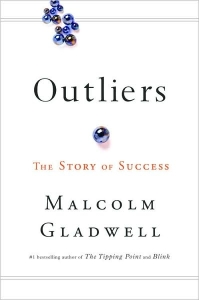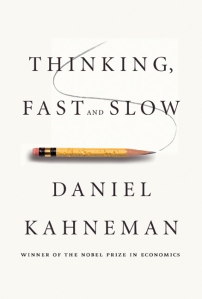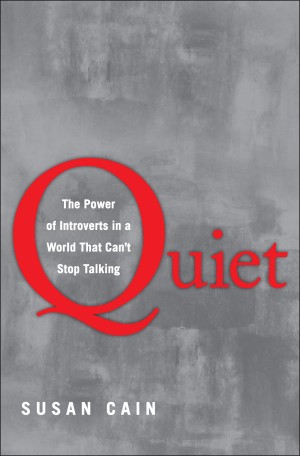
“I would rather be attacked than unnoticed. For the worst thing you can do to an author is to be silent as to his works.”
― Samuel Johnson
So, you’ve written a book. It’s out there…. for all the world to pick up and read. Some may love it or like it, others may have mixed feelings about it, and some readers may thoroughly hate it. The worst scenario? No one bothers to read it at all.
Presumably if you’ve given birth to a book (after all, it is a long, laborious process and the end result is your very own precious “baby”), you’re proud of it – or at least, you should be (note: if you’re not, you shouldn’t have had it published).
As you wait for the feedback (reviews) to come in,….
… do you pace back and forth?
… wring your hands or restlessly tap your fingers on the desk?
… toss and turn in bed, one endless night after another?
… anxiously check and recheck your Inbox?
… pick up smoking again, to calm your nerves?
No, of course not.
Here’s the dish: like, dislike, love, hate, indifference – these are all subjective emotions.
How one reader will react to your book or writing style may be radically different from how another reader will respond. Whether the reader is a respected book critic, a professor, an Amazon customer, a friend or family member – it’s all subjective.
This doesn’t mean that you should discount any positive or negative feedback. Nor should you let the great reviews swell up your head or the bad reviews keep you from ever writing again.
Keep it in context. Learn from the criticism. Be thankful that someone actually took the time to read your book — your book! — and then took more of their own time to write a review. They may give you some new perspective, some information that you could benefit from and will help you as you sit down to write your next book.
Do not take anything personally.
However, there are (unfortunately) haters out there. These are people – cowards and bullies, really – who get off on writing mean-spirited things, who spread nasty gossip, and who try to bring you down. Disregard those types of people, comments, and reviews. They are not worth your mindshare. Enough said.
Now, here’s an interesting tidbit of information: in a recent study conducted by the Harvard Business School, it was found that Amazon customer book reviews “are just as likely to give an accurate summary of a book’s quality as those of professional newspapers.” The study surveyed 100 non-fiction reviews from 40 media outlets, for HBS’ paper “What Makes A Critic Tick?“ The study also examined all the Amazon customer reviews. Whilst it was noted that there is “virtually no quality assurance” in Amazon customer reviews (in fact, some reviews can be “plants” by the book publisher, author or competitors), they still found that both customers and book critics agreed (overall) about the quality of the book. Amazon ratings and expert media ratings generally concurred.
I suppose that the lesson to be learned from this is to take Amazon customer reviews seriously, but be discerning.
The study further notes that “Relative to consumer reviews, professional critics are less favorable to first-time authors. This suggests that one potential advantage of consumer reviews is that they are quicker to identify new and unknown books.” Professional critics were generally more inclined to positively favor the works written by well-known, prizewinning authors.
Don’t let any of this dishearten you. Keep writing. Stand by what you say and what you mean. The professional book critics will eventually come around.
But, remember, even the professionals are subjective, so stand your ground.
“From my close observation of writers… they fall into two groups: 1) those who bleed copiously and visibly at any bad review, and 2) those who bleed copiously and secretly at any bad review.”
— Isaac Asimov
Image: Vetta/Getty Images
























